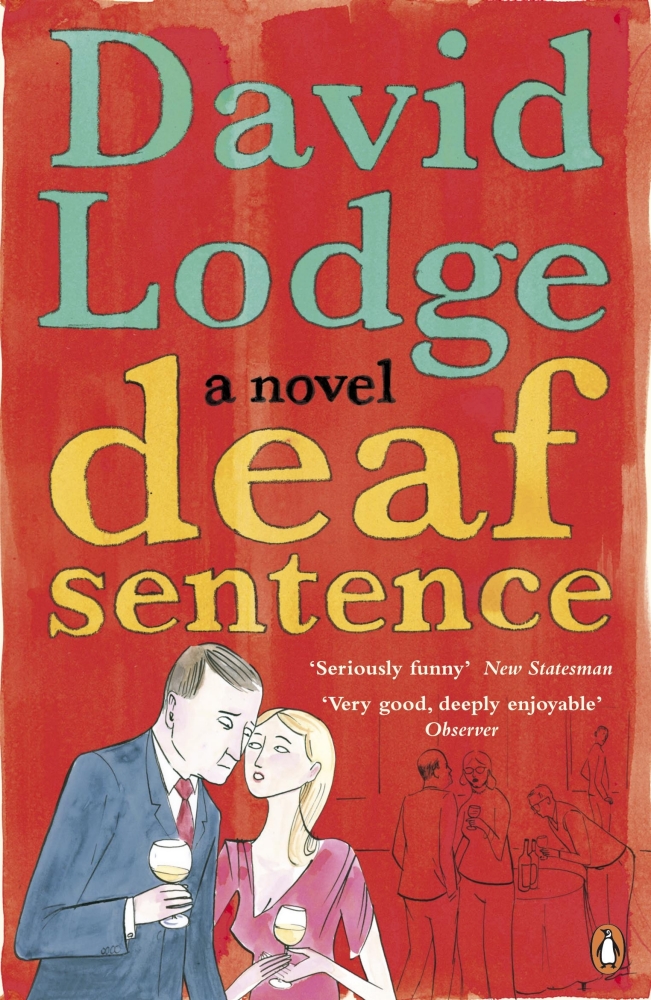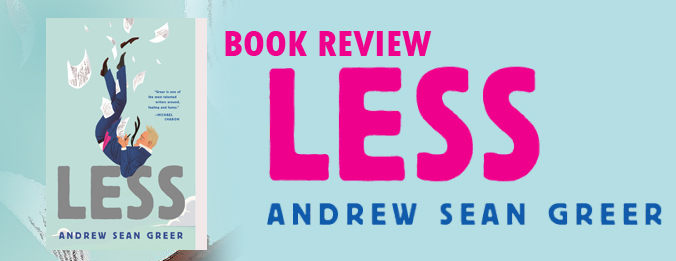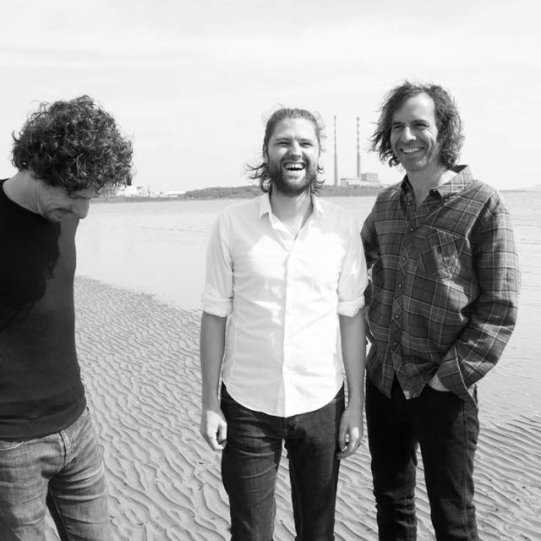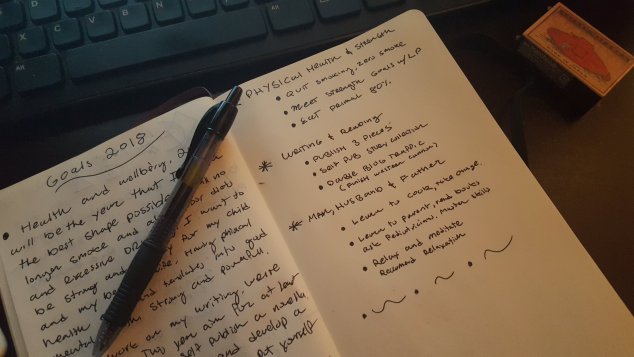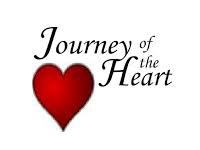
“Our mistakes and regrets are not barriers to becoming who we can be; they are a necessary ingredient.” – David Schnarch
Thanks, But I’d Rather Own My Stuff
In the middle of writing this blog, I was solicited to purchase an expensive business development course, which promised to create a quantum leap in my coaching practice. When I admitted disappointment with certain aspects of coaching, the voice on the phone was quick to point out, “It’s not your fault.” No doubt, “the voice” was trained to say this, to establish a sympathetic connection, hoping I would be sobbing in grateful relief as I reached for my credit card. Instead, I bristled at the very idea. Buddy, I thought, of course, it’s my fault! Whose fault should it be? Should I blame my clients? My childhood? The universe? Because if it’s not my fault, then how in the world can I ever fix it? When we outsource the blame for a problem, then we are outsourcing the solution as well. And when we give up agency, the ability to make choices and see the causal relationship between our actions and outcomes, we undermine one of the highest faculties of being a human being.
The Jewish Journey – Leaving Home
The first directive God gave Abraham was an eviction notice: “Go for yourself from your land, from your relatives and from your father’s house to the land that I will show you.” Abraham’s journey was not merely physical but spiritual, where he had to transcend his external and internal influences and limitations, to awaken to a higher level of spirituality. In going from Haran, he left a place of constriction, but also everything that was known and familiar to him, to brave the unknown to journey to the Promised Land, where he would fulfill his destiny and relationship with God in a whole new way.
God also tells Abraham that in the future, the Jewish people will be oppressed as slaves for hundreds of years in an alien land, but that ultimately we would leave that land with great wealth. Ironically, Abraham’s first footstep of freedom set in motion events that would eventually cause the Jewish nation to become enslaved.
Coming Home
In Va’eira, we begin the process the most celebrated eviction in history, the Exodus from Egypt. Just like Abraham’s journey occurred in stages, God tells Moses that He will redeem the Jewish people in four steps: “I shall take you out from under the burdens. I shall rescue you. I shall redeem you. I shall take you to Me for a people.” The Hebrew word for Egypt, “Mitzrayim” means “narrowness” and “constriction.” Thus, the formula for growth is the willingness to leave a mindset or place of limitation to which you are attached. So here, on a national level, the Jewish people had to leave the place of bondage, which was all they knew, to brave the unknown in their journey towards the Promised Land, where they would awaken to their collective spiritual mission of establishing a loving relationship with God connected through Torah.
What We can’t Control – God’s Business
When God took us out of Egypt, the Jewish people were at the penultimate depth of spirituality. Any further descent and redemption would have been untenable. If the endgame here was for us to become “God’s people,” then God intervened at the last possible moment before that kind of connection would no longer be feasible. The matter was urgent, and God wasn’t waiting for the Jewish people to work on themselves. If that was “The Plan” all along, however, both in becoming slaves and then being freed on God’s cosmic timetable, then we were passive entities on both ends of the stick. Where does that leave the Jewish people regarding personal responsibility and agency?
What We Can Control – Our Business
Many Jews have the daily custom of reciting the “Six Remembrances,” one of which is to remember for the rest of our days, the day that we left Egypt. And tradition tells us that in the future, the Final Redemption will be similar to the story of the Exodus. In the meantime, however, don’t count on God to airlift you out of your mess. In our daily morning blessings, we specifically thank God for not having created us a slave. And so every day is an invitation to look at our lives right now. If I am attached to my bad habits, if I refuse to admit that my behavior is problematic, and I defend my unexamined stories, then my relationships are going to suffer. Since my wellbeing depends primarily on the quality of my relationships, then my life as a whole is compromised. God didn’t create me this way; I enslaved myself. But that’s OK; if I created my mess, then I can fix it.
Relationships – People Growing Machines
In the beginning, God said that it was not good for man to be alone; thus we are created to exist in relationship. As a matter of fact, without connection, we don’t even exist, as all existence is contingent on there being a second something. Only God is a unity; we live in the space of relationship that exists between us and everything and everyone else. And so it’s more than just the quality of your life that depends on the quality of your relationships – you are the quality of your relationships.
The Journey of the Heart
The willingness to break free of what enslaves us and to brave the wilderness of new possibility is to undertake the most magnificent journey of them all – the journey of the heart. Redemption is a process – a difficult and challenging one. Most of us are more comfortable with the devil that we know, and so even if we are suffering, we are surprisingly resistant to change. The challenges and tests we face in our relationships are nothing more than a reflection of who we are. When we stop defending positions, we can start to open our hearts, and by owing our stuff, we can let it go. Before we can leave Egypt, we have to be willing to go. But it’s so worth it. The Promised Land is love. You can go home.
Advertisements Share this:
